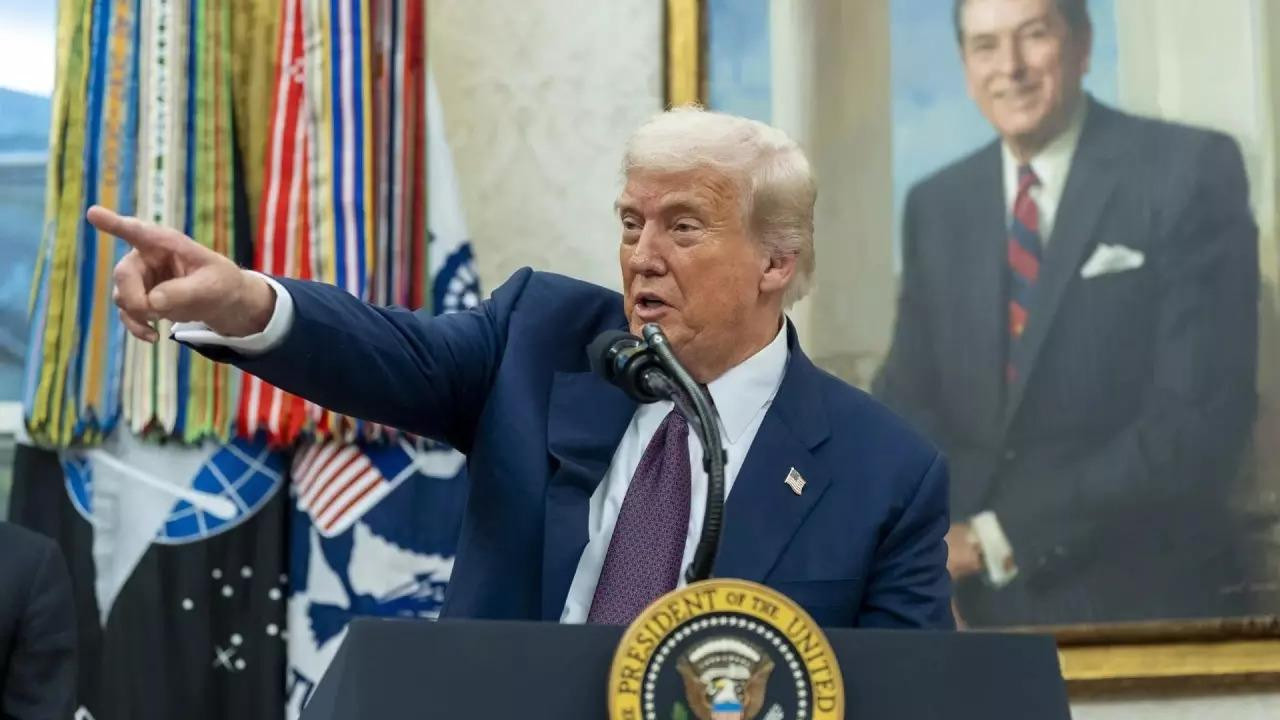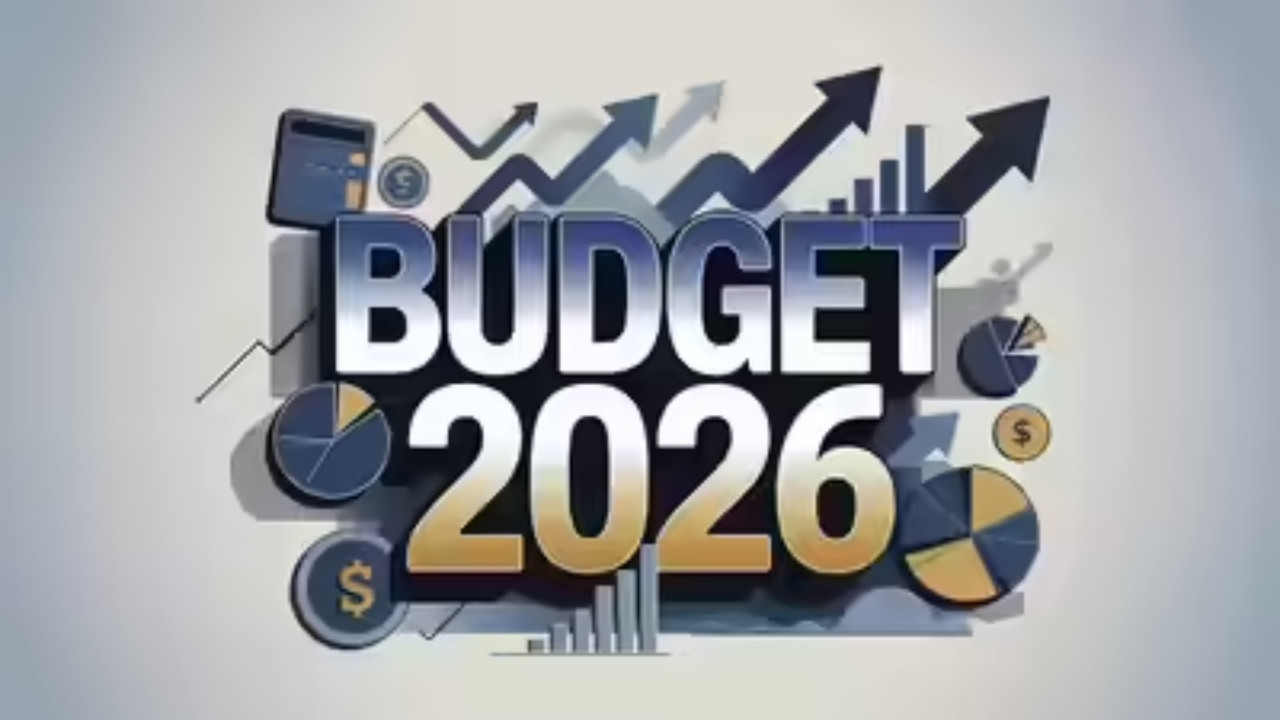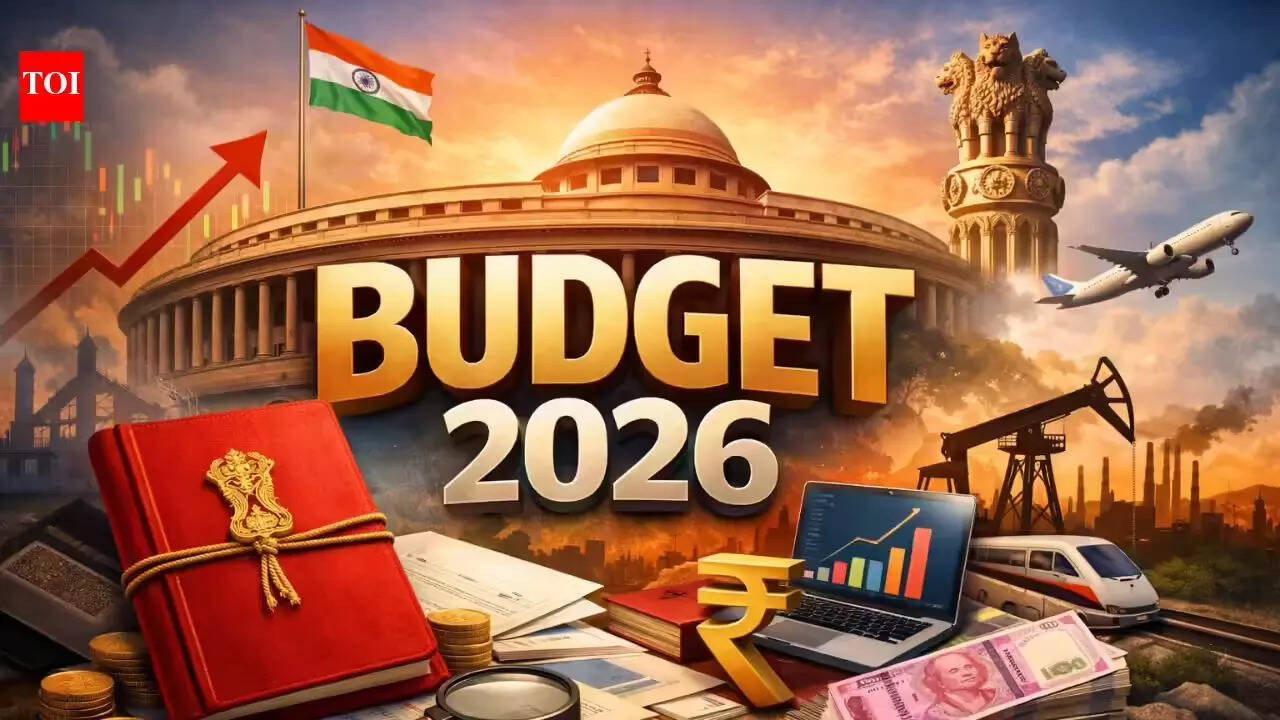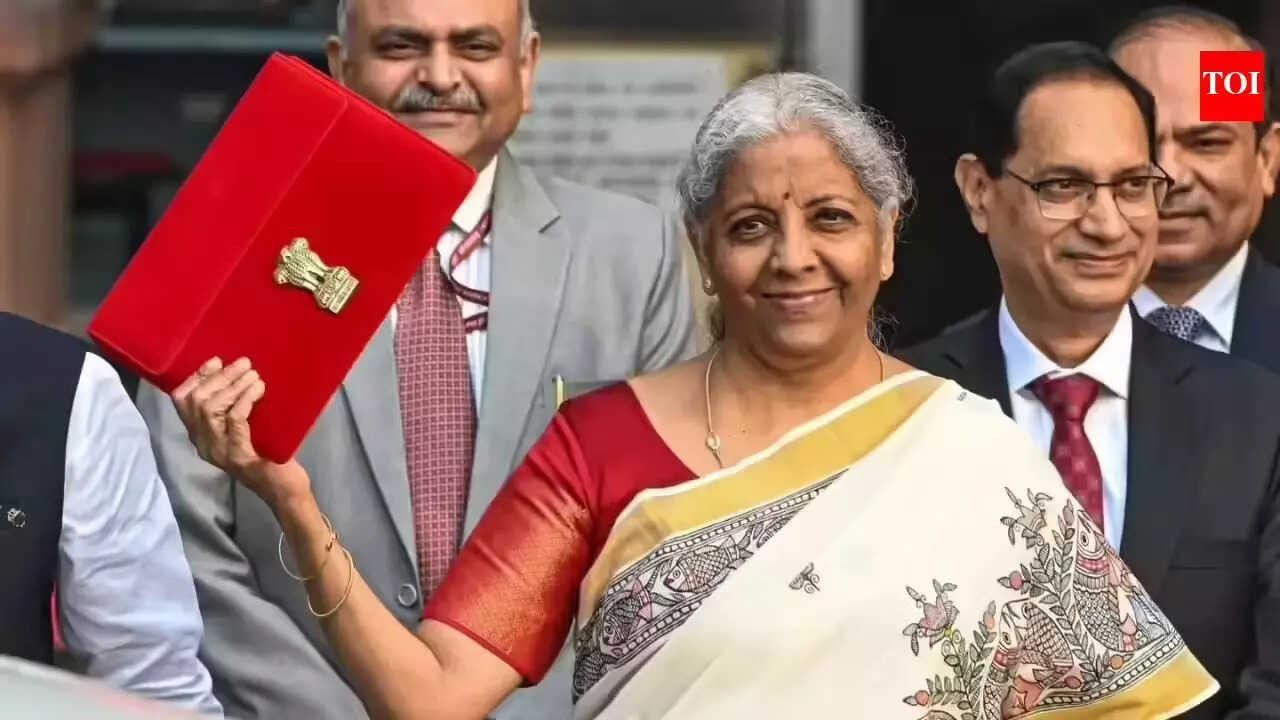Tesla is prioritizing showrooms in India to sell its vehicles, according to Heavy Industry Minister H D Kumaraswamy. The EV giant is reportedly focused on importing cars and seeking concessions under the India-US trade agreement to offer cheaper vehicles. Despite government efforts to promote local manufacturing, Tesla has not expressed interest in producing cars in India.
The Tesla Tango: Why India’s Dance Card Remains Empty (For Now)
Okay, let’s talk Tesla. Specifically, let’s talk about Tesla and India, a relationship that feels a bit like a star-crossed romance perpetually stuck in the “will they, won’t they?” phase. The latest buzz? Apparently, Tesla, at least according to Karnataka’s Industries Minister H.D. Kumaraswamy, isn’t currently vibing with the idea of setting up a manufacturing plant in India.
Now, before you start picturing disappointed Bollywood sad-song sequences, let’s unpack this a bit. Kumaraswamy’s statement, reported by the Times of India, suggests a shift in Tesla’s immediate priorities. We’re not talking about a complete breakup here, but more of a polite “Let’s stay friends for now” situation.
For years, the Indian government has been actively courting Tesla, dangling the carrot of a massive, burgeoning market hungry for electric vehicles. The promise of a youthful, tech-savvy population, coupled with government incentives aimed at boosting EV adoption, has been a compelling narrative. Elon Musk, ever the enigmatic figure, has played the game, teasing potential Indian market entries with his characteristic cryptic tweets and pronouncements.
So, what gives? Why the apparent hesitation?
Well, it’s likely a complex cocktail of factors. Let’s start with the obvious: money. Setting up a full-fledged manufacturing plant is a colossal undertaking, requiring billions of dollars in investment, infrastructure development, and logistical maneuvering. Tesla, while a behemoth in the EV world, is still a company that needs to carefully consider its capital allocation. Launching operations in India requires thorough analysis, especially considering the country’s diverse regulatory landscape.
Then there’s the infrastructure hurdle. While India is rapidly developing its infrastructure, including charging networks for EVs, it’s still not quite on par with more mature markets like the US or Europe. This presents a challenge for EV adoption, as potential buyers might be hesitant to invest in a vehicle if they’re constantly worrying about range anxiety and charging availability. If charging points remain scarce in some important regions of the country, people won’t purchase the cars, so Tesla is smart to keep an eye on how this aspect of the EV infrastructure is developing.
Another potential sticking point? Import duties. Tesla has long advocated for lower import duties on its vehicles, arguing that it would allow them to gauge market demand before committing to a full-scale manufacturing operation. The Indian government, understandably, wants to encourage local manufacturing and job creation, and has been reluctant to significantly reduce these duties. This difference in vision created tension. It would be difficult to make a profit if they had to pay significant duties on each car, so Tesla may be prioritizing that aspect of the situation.
And let’s be honest, the global economic climate isn’t exactly screaming “risk-free expansion” right now. Inflation, supply chain disruptions, and geopolitical uncertainties are casting shadows over businesses worldwide. It’s entirely possible that Tesla is simply adopting a more cautious approach, focusing on consolidating its existing operations and weathering the current economic storm.
However, this isn’t necessarily a definitive goodbye. Kumaraswamy himself alluded to Tesla potentially exploring other avenues, such as establishing an R&D center in Bangalore. This suggests that Tesla is still interested in tapping into India’s vast pool of talent and leveraging its technological expertise. It’s a strategic move that allows them to keep a foot in the door without committing to a full-blown manufacturing venture just yet. This could also suggest that they want to develop new, specifically Indian-market products for a lower budget before investing too heavily in production.
Think of it like this: Tesla might be taking a strategic timeout, reassessing its options, and waiting for the right moment to make its grand entrance. The Indian EV market is still in its early stages, with immense potential for growth. As infrastructure improves, policies become more favorable, and demand surges, the allure of India will only become stronger.
Ultimately, the Tesla-India saga is a game of patience, negotiation, and strategic maneuvering. It’s a dance where both sides are trying to maximize their benefits. While a manufacturing plant might not be in the immediate cards, don’t count Tesla out just yet. The electric dream for India may be temporarily parked, but it’s far from dead. The question now is: how long will we have to wait for the engine to restart?
📬 Stay informed — follow us for more insightful updates!







